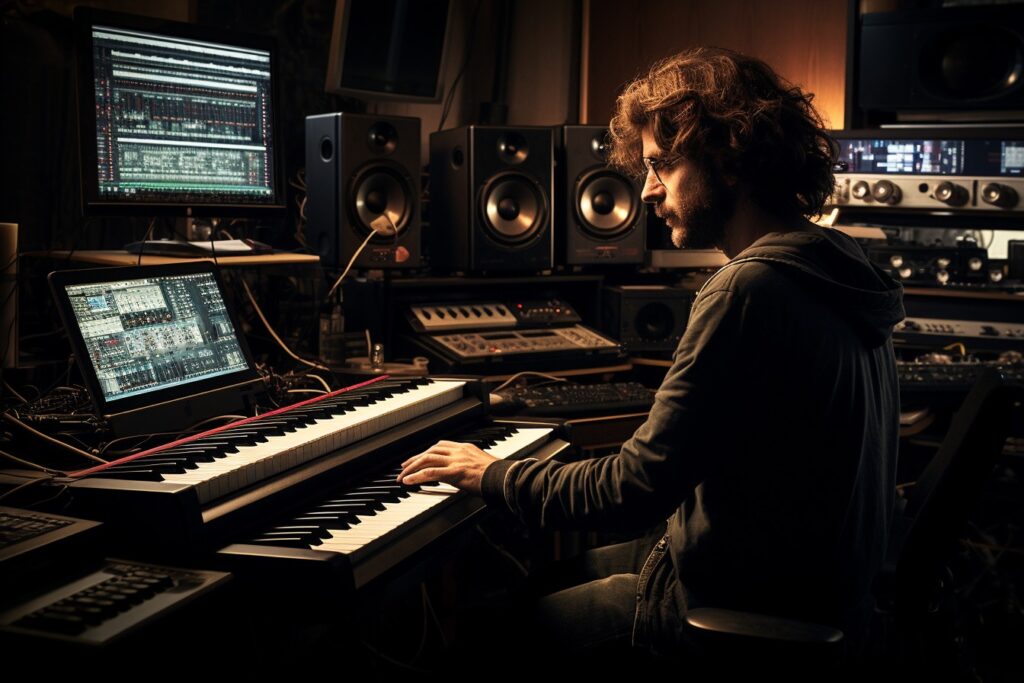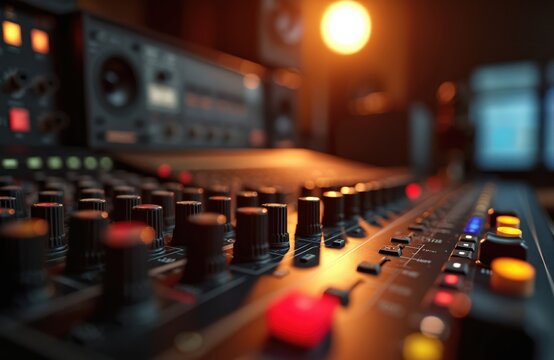
1. AI for Music Composition
AI-Powered Platforms like AIVA, Amper Music, and Soundraw allow Producers to create melodies, harmonies, and even full orchestral pieces.
How to use:
- Select a genre, mood, or tempo.
- Input custom parameters (instruments, duration, structure).
- Generate an AI-composed track and export as MIDI or WAV for further editing.
This is particularly useful for adjingles, Games soundtracks , and indie films Where fast turnaround is needed.
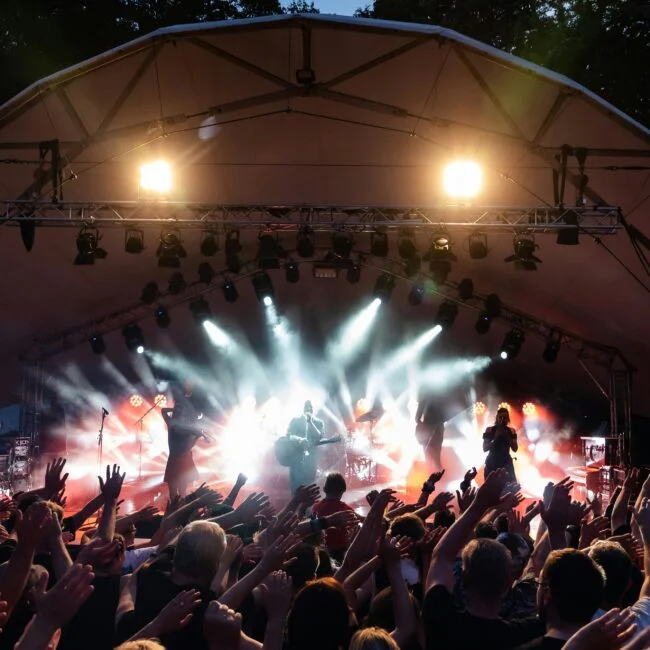
AI is powerful, but it also raises some concerns:
- Who owns music made by AI?
- Can AI reduce the uniqueness of human creativity?
- Will it replace some jobs in music production?
Even with these questions, most experts believe AI will not replace musicians—it will only help them grow.
2. AI in Mixing and Mastering
AI can intelligently analyze tracks and apply EQ, compression, and reverb. Tools like iZotope Ozone, LANDR, and CloudBounce simplify mastering for all levels.
How to use:
- Upload your track to the platform.
- Let AI balance frequencies, apply compression, and match loudness standards.
- Fine-tune with manual adjustments if needed.
This reduces time spent on technical audio engineering, letting producers focus on creativity.
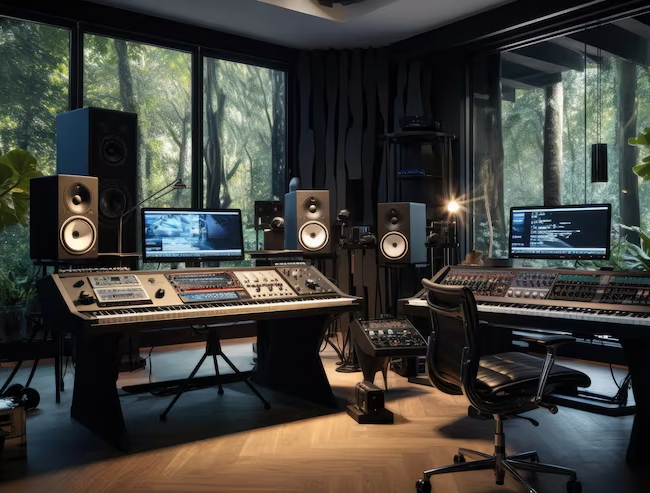
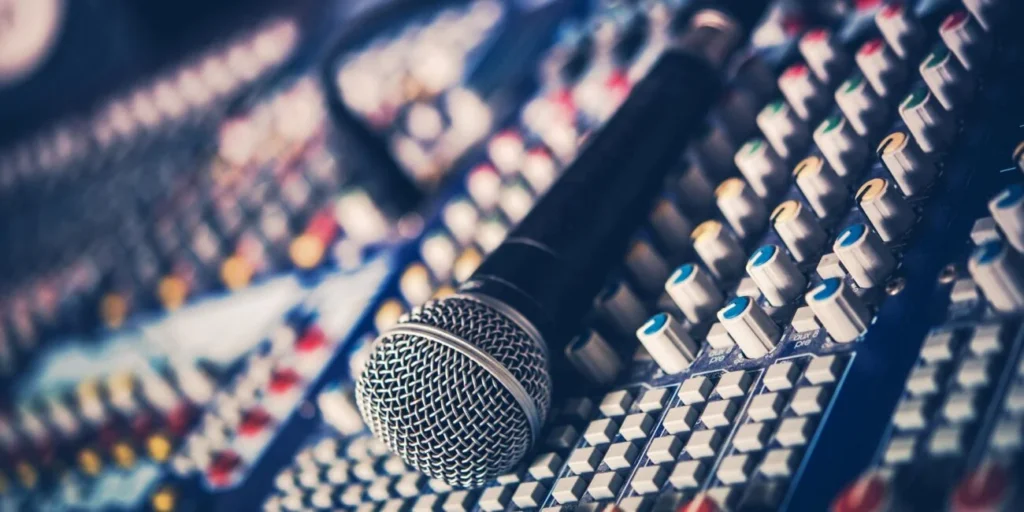
3. AI in Vocal Processing and Sound Design
AI Can not only tune vocals but also create Synthetic voices or modify existing onces.
Tools
- Vochlea Dubler: Convert humming or beatboxing into MIDI instruments.
- Synthesizer V Studio: Generate realistic AI vocals.
- Adobe VoCo (experimental): Clone voices with high accuracy.
Use case: Create backing vocals, choirs, or unique voice effects without hiring multiple singers.
4. AI for Instrument Emulation
Machine learning models replicate real instruments such as guitars, pianos, or drums. Riffusion , Magenta Studio, and Endlesss are gaining Popularity.
How to use:
- Input simple chord progressions or rhythmic patterns.
- Let AI simulate instruments with human-like expression.
- Layer these with recorded instruments for a hybrid sound.
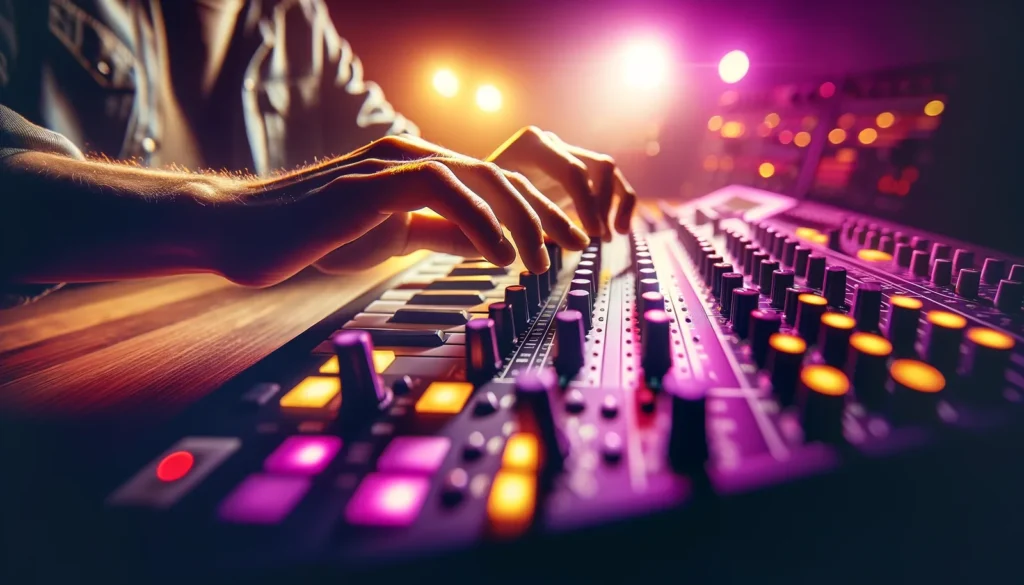
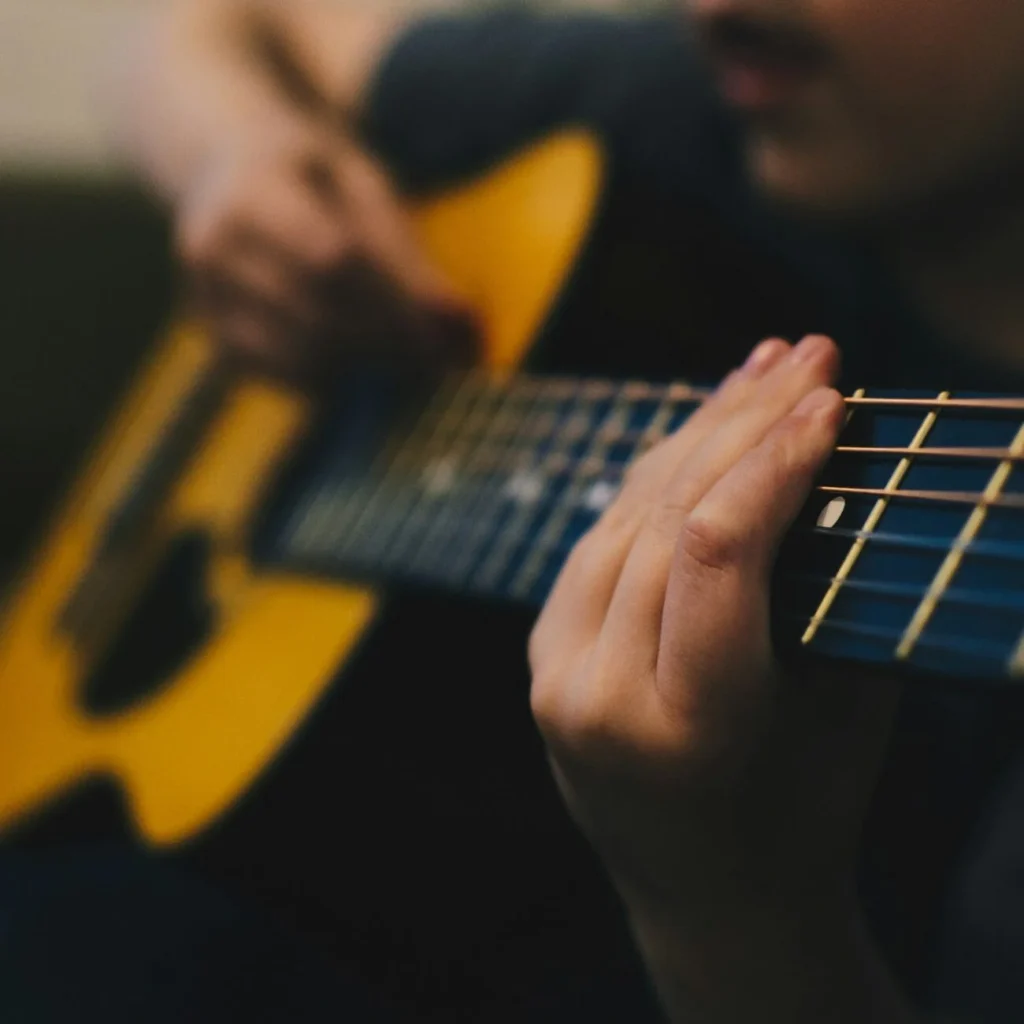
5. AI in Sound Design for Films & Games
AI-driven adaptive soundscapes makes immersive environments possible.
How to use:
- Import ambient samples or raw audio.
- Use AI to morph them into textures (via platforms like Endlesss AI, Boom Library AI tools).
- Apply in VR, AR, or cinematic projects for dynamic sound.
Example: An AI system can generate different sound effects for footsteps depending on environment—snow, metal, wood—without manually recording them all.
6. AI in Workflow Automation
Beyond sound, AI manages repetitive tasks like organizing samples, tagging audio files, and suggesting chord progressions.
How to use:
- Mixed In Key’s Captain Plugins – AI-assisted chord progressions.
- Sonible smart:EQ – Automated EQ balancing.
- Algonaut Atlas – AI-based drum sample organization.
This lets producers spend less time searching and more time creating.
